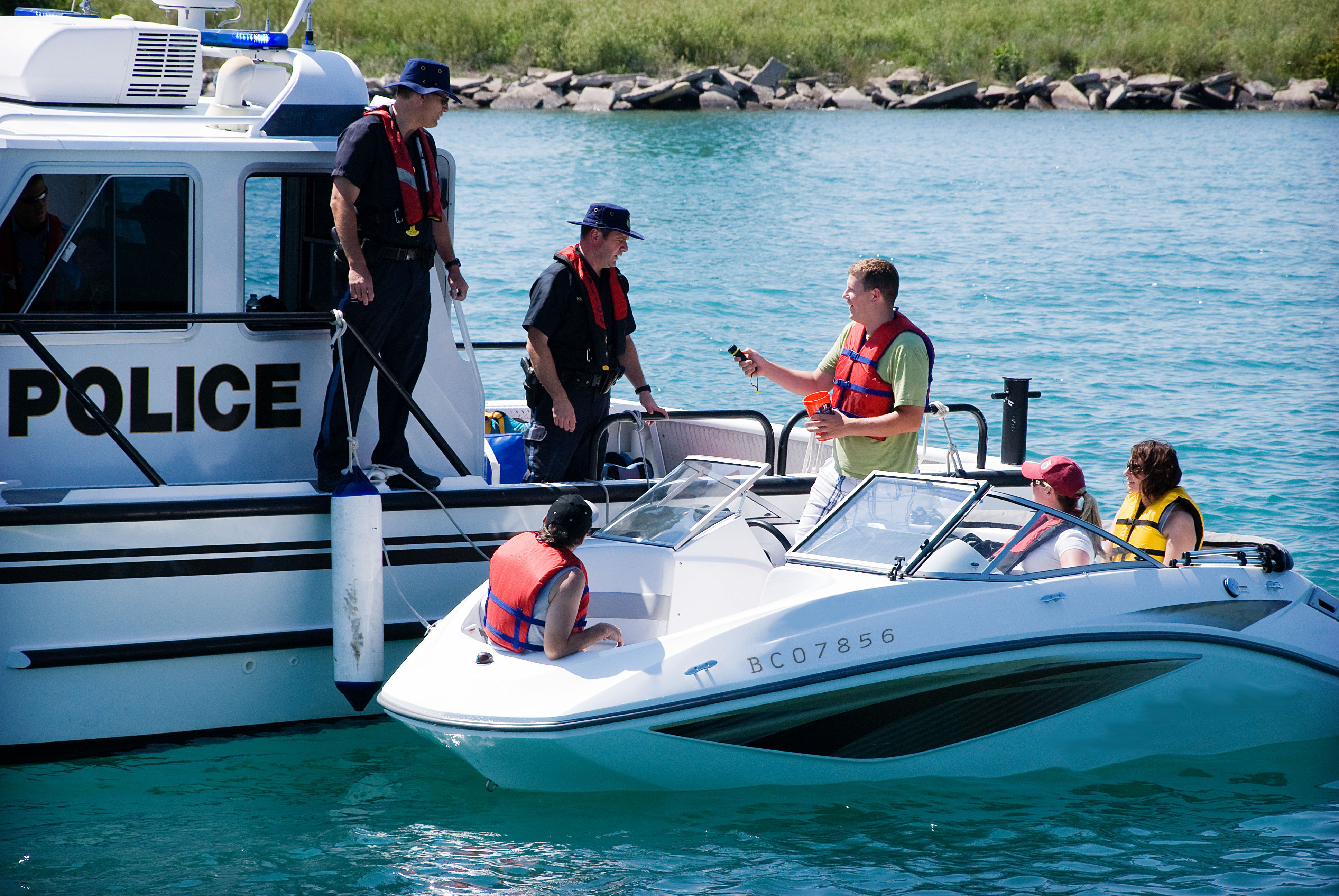Boating sales across Canada have increased by 300% this year, and British Columbians are no exception as they have been flocking to the water to cool off and get outside amidst the pandemic. With more people out on the water, the Office of Boating Safety wants to remind everyone to stay safe and be prepared when venturing out.
Each year, Transport Canada's Office of Boating Safety trains enforcement partners across Canada, like those from Fisheries and Oceans Canada, the RCMP and local police departments to build awareness in their communities about boating safety. These training sessions also help partners understand important regulations to be enforced when necessary.
With boating activity increasing this past April, Transport Canada's Office of Boating Safety in British Columbia had to quickly shift its training approach due to COVID-19. In-person training was no longer an option. In response, the team developed two-hour, online sessions for their enforcement partners that included interactive quizzes, group discussions, and boating safety officers sharing their on-water experiences and strategies.
The Boating Safety team has since conducted more than 30 virtual sessions and trained over 225 boating safety enforcement partners from home, including those from the Oak Bay Police and Vancouver Police Department's Marine Unit. Recently, the team expanded its online work to include meetings with important stakeholders, such as boat rental agencies, that were typically done in-person previously.
Safety tips
Whether you're canoeing, kayaking, using a motorized boat, running commercial fishing operations or carrying cargo, water safety is everyone's responsibility and Transport Canada is here to help. Download our Discover Boating Safety app and keep these three tips in mind for your next water activity:
-
Prepare before you sail
- Download the pre-departure checklist and leave a trip/rescue plan with a responsible person on land.
- Check for unsafe weather and water conditions and keep a watchful eye out for changes to these conditions
- Bring all required safety equipment onboard with you—it is the law. Find out what you need here for the size and type of your boat.
- Learn about any local water speed restrictions or activities on the water you are visiting.
-
Wear an approved PFD or a lifejacket
- A Personal Flotation Device (PFD) or Lifejacket doesn't work unless you Wear It!
- Make sure your lifejackets are in good condition, l fit properly and are enough for every person on board. Check out our lifejacket tips here.
-
Stay safe and alert Boat sober and slow down!
- It is illegal to operate a boat while impaired by drugs or alcohol-- you are responsible for the safety of your guests and everyone on the water. Drugs and alcohol affect your ability to react and increase the risk of a collision.
- Slow down when you're on the water. You may have to stop or turn suddenly to avoid another boat, a rock or a log, so operate at a safe speed. Your boat's wake could damage or injure other vessels, swimmers, docks and the shoreline. You could be held liable for these damages.
Have a question about boating or safety around waterways in BC? Contact the Boating Safety team and they would be happy to answer your questions!
